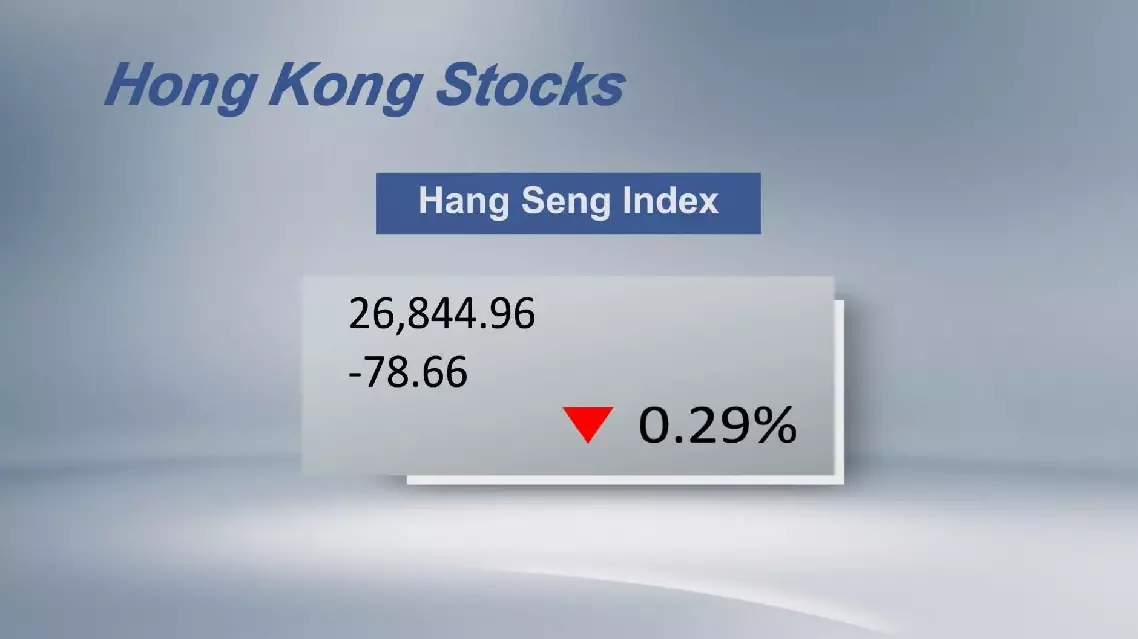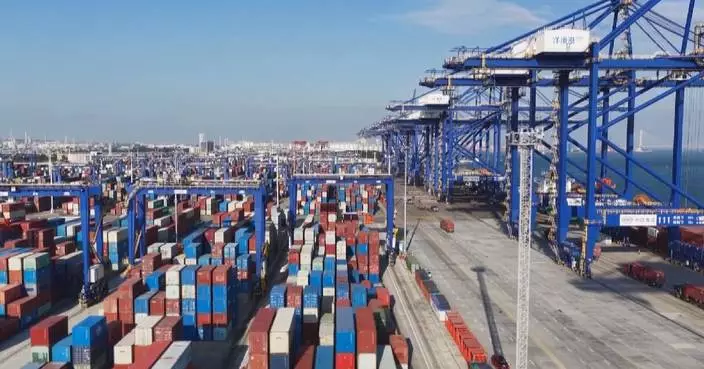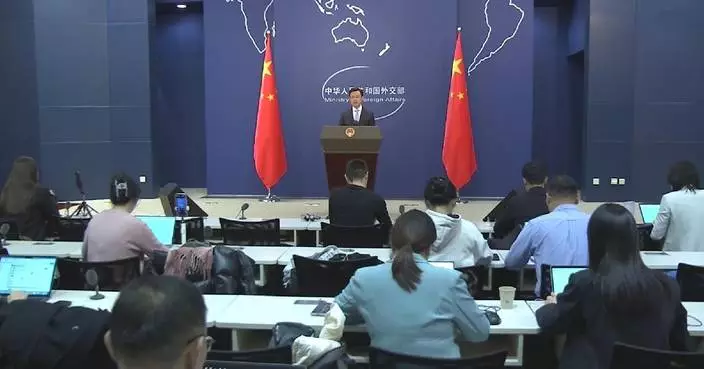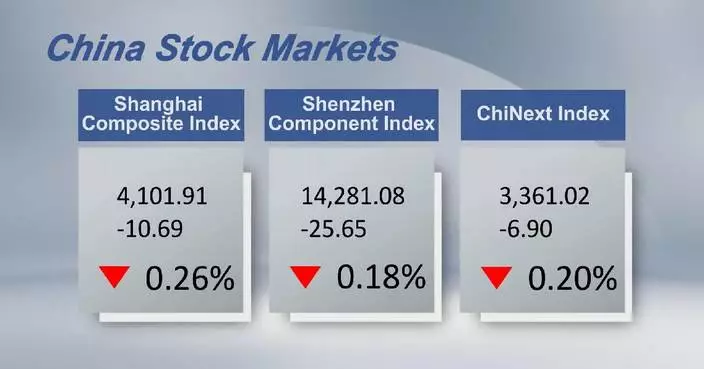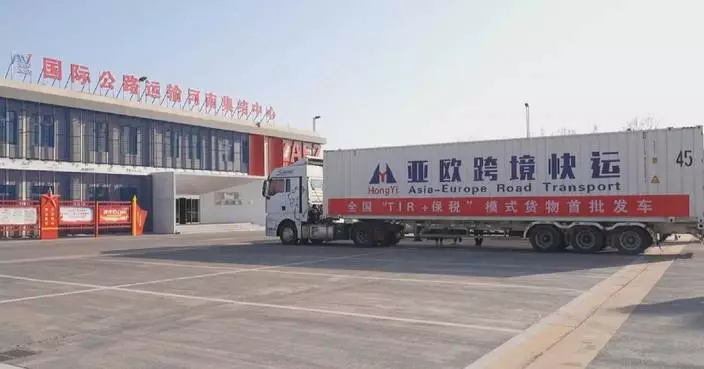China officially launched a centrally administered state-owned enterprise (SOE) in Tianjin on Friday, specializing in resources recycling and reuse.
The newly established enterprise, Resources Recycling Group Co., Ltd, will undertake the important task of building a national platform on recycling and reusing consumer durables such as scrapped motor vehicles, home appliances and electronic products, and major equipment products such as retired wind power and photovoltaic modules.
"China Resources Recycling Group will recycle waste steel, waste power batteries, waste plastics, and waste non-ferrous metals, which is conducive to improving the self-sufficiency of energy and minerals. Taking the utilization of plastic recycling as an example, it is estimated that about 43 million tons of waste plastics were incinerated or buried in China in 2023. If half of this amount can be recycled chemically, it is equivalent to developing an oil field with a capacity of more than 60 million tons, which is of great significance for ensuring national energy and mineral security," said Sinopec President Ma Yongsheng.
According to a guideline issued by the State Council, China will implement a comprehensive set of policies to establish an extensive waste recycling system encompassing all sectors and stages by 2025.
The resource recycling industry is projected to achieve an annual output value of five trillion yuan (about 704 billion U.S. dollars), with the recycling of municipal solid waste expected to reach four billion tons and the recycling of major renewable resources anticipated to reach 450 million tons. Additionally, the proportion of utilized household waste is expected to increase to about 60 percent.
By 2030, the recycling of municipal solid waste is predicted to reach 4.5 billion tons, while the recycling of key renewable resources is projected to reach 510 million tons, and the proportion of domestic household waste utilization is expected to rise to 65 percent.
Liu Yu, chairman of China Resources Recycling Group Co., Ltd, said that the company will be built into a comprehensive solution provider covering multiple key categories of recycled resources, integrating functions such as warehousing, processing, distribution, trade-in and standard setting.
"Implementing resource recycling is a key component and an important measure for promoting large-scale equipment renewal and the trade-in of consumer goods. These waste products and equipment contain valuable recyclable materials, including steel, nonferrous metals, precious metals, plastics, rubber, and other resources. Effective recycling of these materials is akin to opening a 'second mine', which can reduce the demand for primary resources and lessen the pressure of mineral resource exploitation on the natural environment. At the same time, it also creates a broad market space for the development of the renewable resources recycling industry," said Liu.
The registered capital of the newly founded enterprise is 10 billion yuan (1.4 billion U.S. dollars), with the State-owned Assets Supervision and Administration Commission of the State Council representing the State Council in fulfilling the responsibilities of the investor.
In terms of the equity structure, the State-owned Assets Supervision and Administration Commission of the State Council, China Baowu Steel Group Corporation Limited, China Petrochemical Corporation, and China Resources (Holdings) Co., Ltd. each hold 20 percent, while Aluminum Corporation of China and China Minmetals Corporation each hold 10 percent.
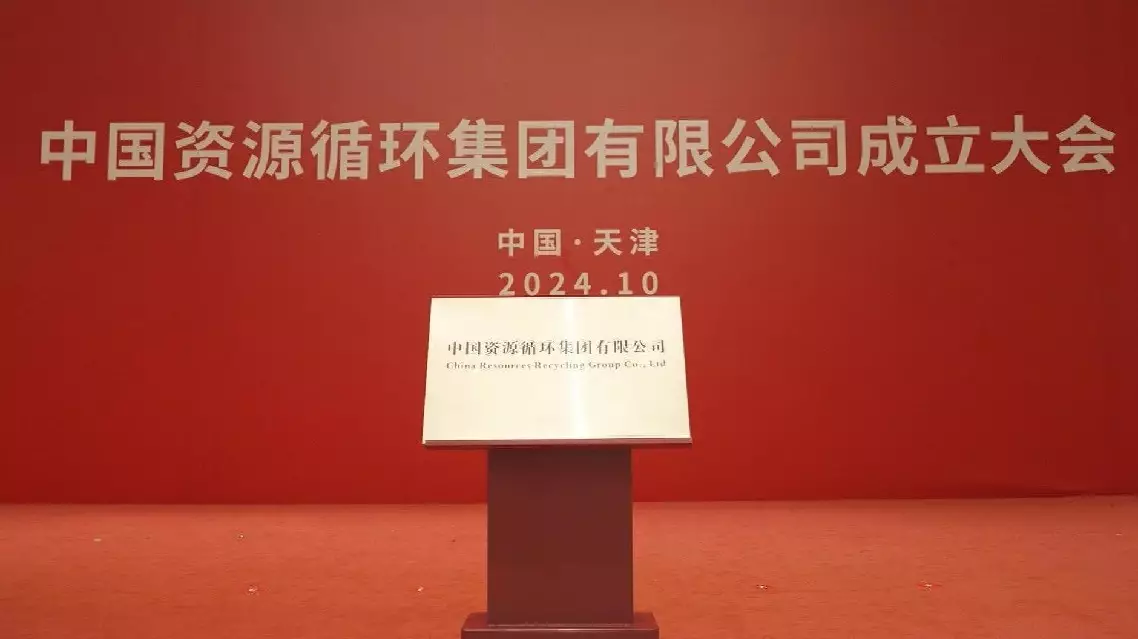
China establishes new centrally administered SOE for resource-recycling


